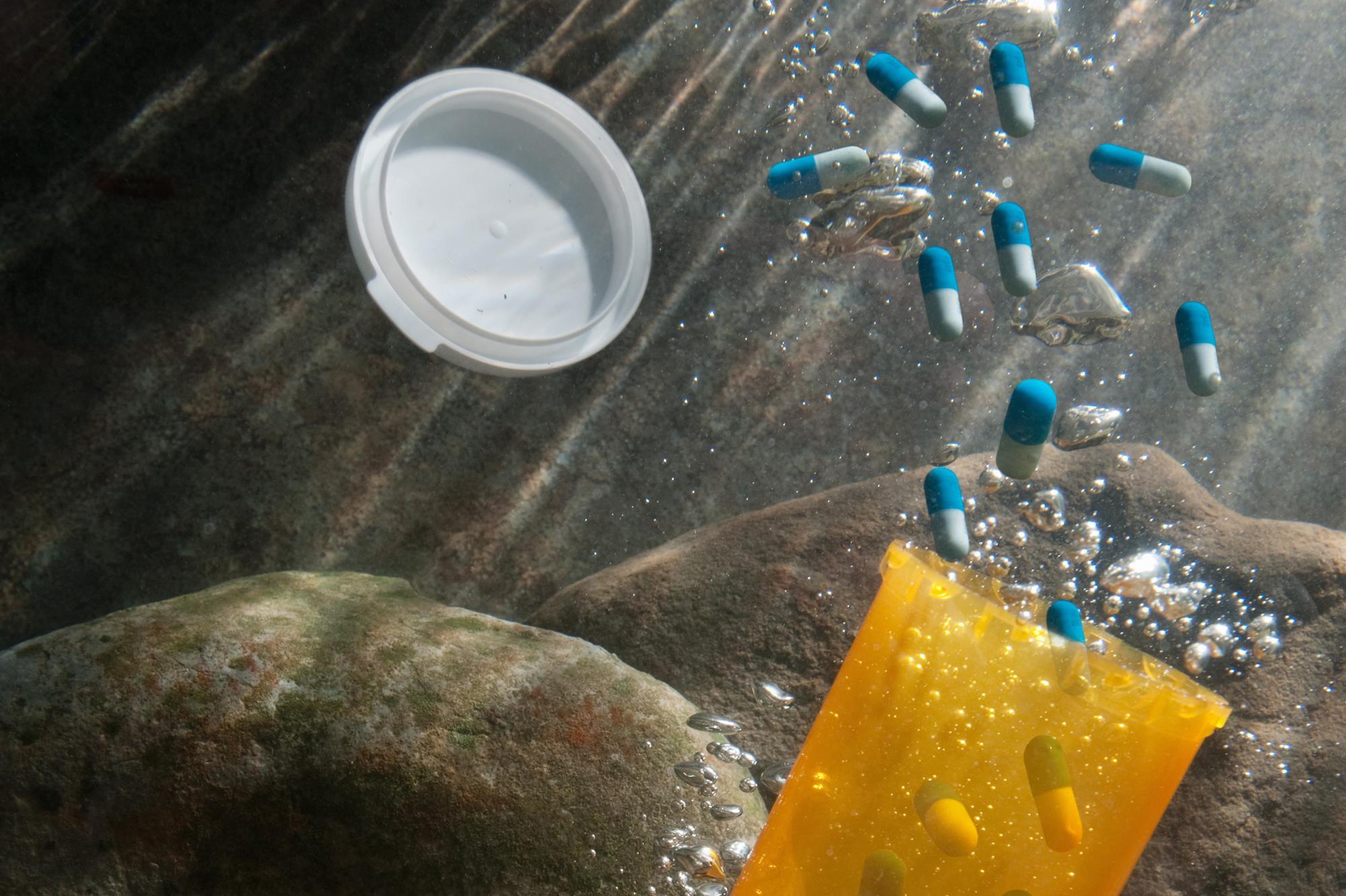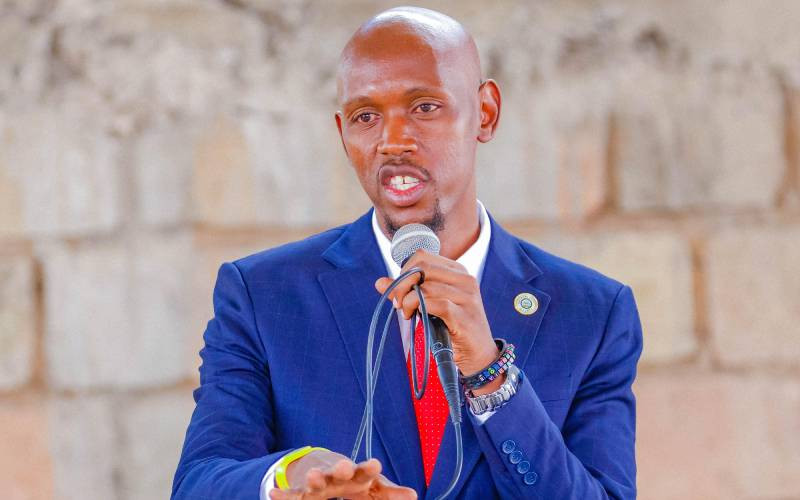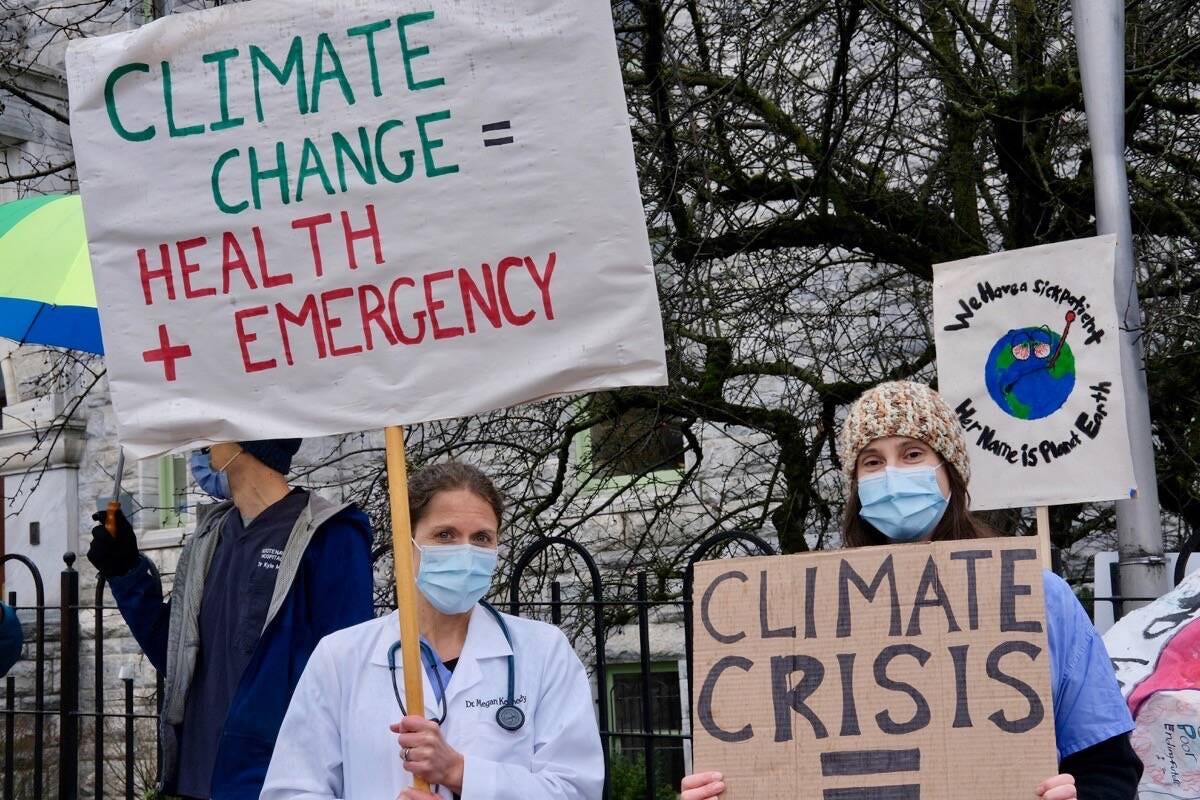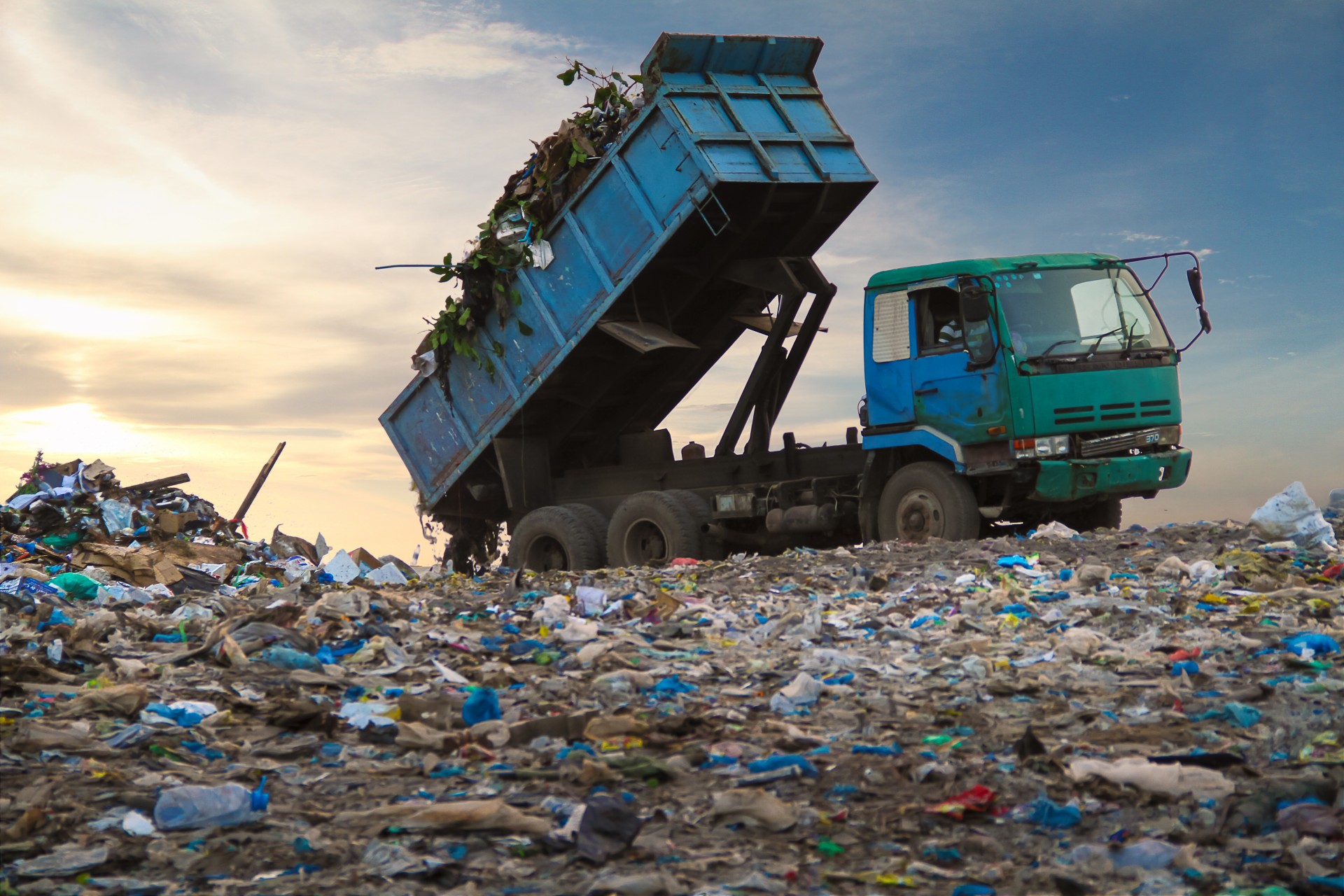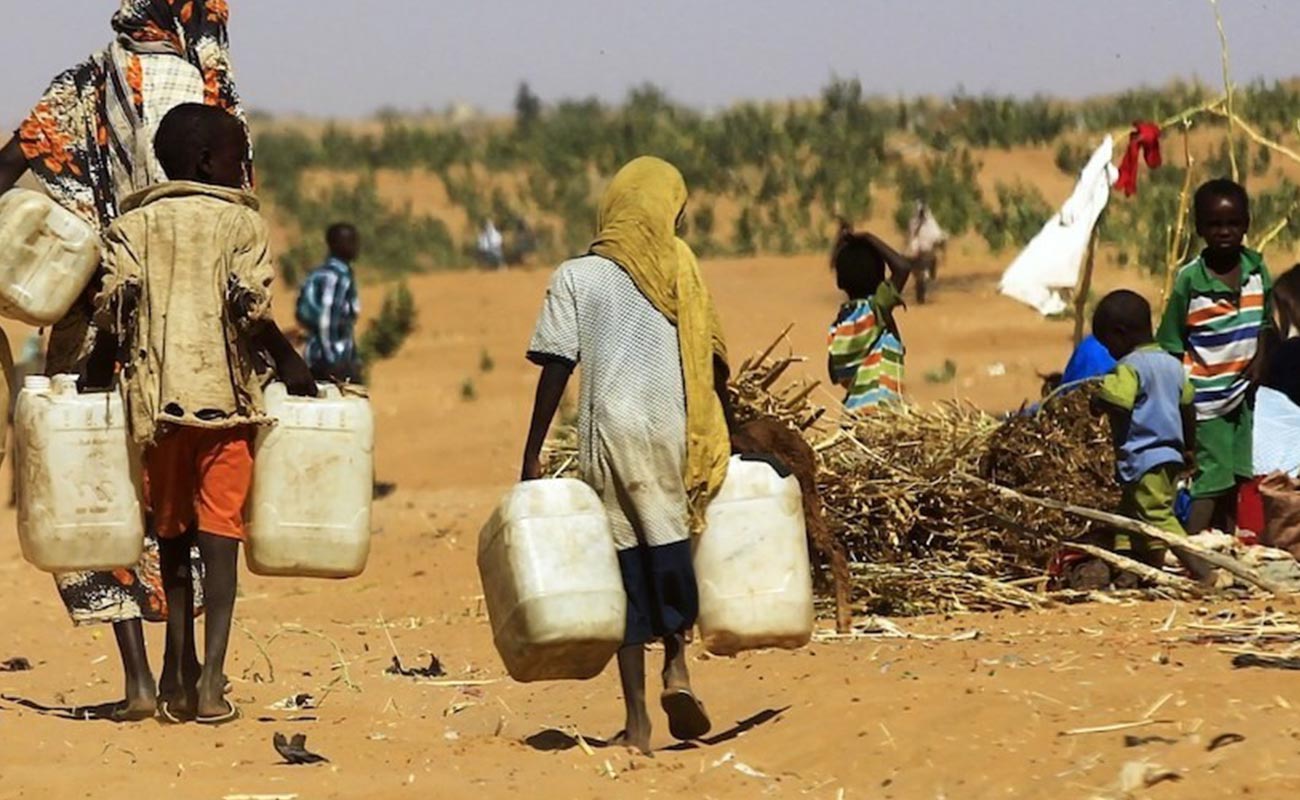- Twende Green Ecocycle, an organization based in Mombasa, has mastered the skill of plastic waste management. The company was founded to address the existing marine plastic waste challenge. Additionally, it contributes to the development of the education sector by providing durable and affordable school furniture.
- Zainab Mohamoud, one of the company's co-founders, explains how they transform plastic waste into eco-friendly school desks each week, conserving the environment and creating jobs for the community.
Twende Green Ecocycle Transforms Plastic Waste into Eco-Friendly School Desks
14 Aug, 2024 11:30 AM
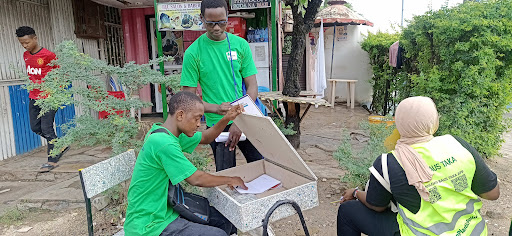
Kenya has been at the forefront of implementing initiatives geared towards a green economy. The government has rolled out various tree-planting programmes to ensure the country goes green.
Waste management stands at the epicentre of Kenya's Go Green initiative. Other key policies include forest restoration, pollution control, and increased zeal for climatic shocks.
Twende Green Ecocycle, an organization based in Mombasa, has mastered the skill of plastic waste management. The company was founded to address the existing marine plastic waste challenge. Additionally, it contributes to the development of the education sector by providing durable and affordable school furniture.
Their resilience is grounded in their vision of being the leading marine waste recycling company in the country, offering sustainable solutions to manage waste and add value to education.
Zainab Mohamoud, one of the company's co-founders, explains how they transform plastic waste into eco-friendly school desks each week, conserving the environment and creating jobs for the community.
"Mombasa produces about 120 tons of plastic waste daily, but only 5% is recycled. A large portion of this waste ends up in the ocean, harming marine life."
"The company recycles plastic waste into school desks and furniture. We recycle, assemble, and make the furniture. Part of the work is that we purchase plastic waste from the waste collectors and then sort the plastic, shred it, and compress it into a plastic board, then take it to our workshop where it is cut and assembled into various designs to make school desks, tables and shelves,” she added.
Despite their relentless efforts to manage plastic waste products, much work still needs to be done.
Mombasa alone generates about 120 tons of plastic waste daily. Surprisingly, only 5% of this waste is recycled. The rest, 95%, of the waste eventually ends up in the environment and the ocean, affecting the marine ecosystem.
The double-edged model by the Twende Green Ecocycle is great to appreciate in that, apart from managing waste in the environment, they creatively produce other furniture equipment that aids in necessitating education activities in the coastal region.
Their future plans aim at making more school desks and distributing them to schools in the county. Therefore, this initiative deserves a loud applause. Establishing more such companies nationwide will alleviate our environment of waste products and, as a result, create job opportunities for the majority of the unemployed youth as it also develops the education sector of our country at large.

